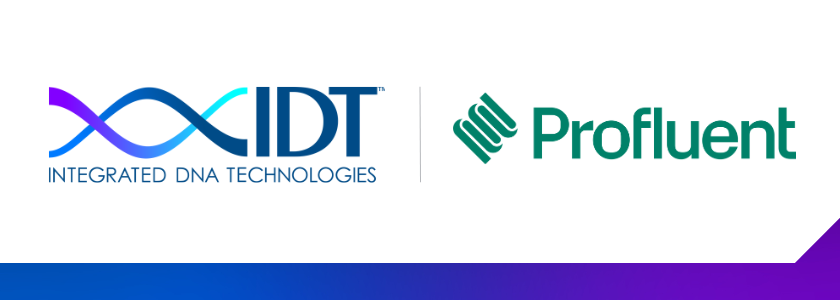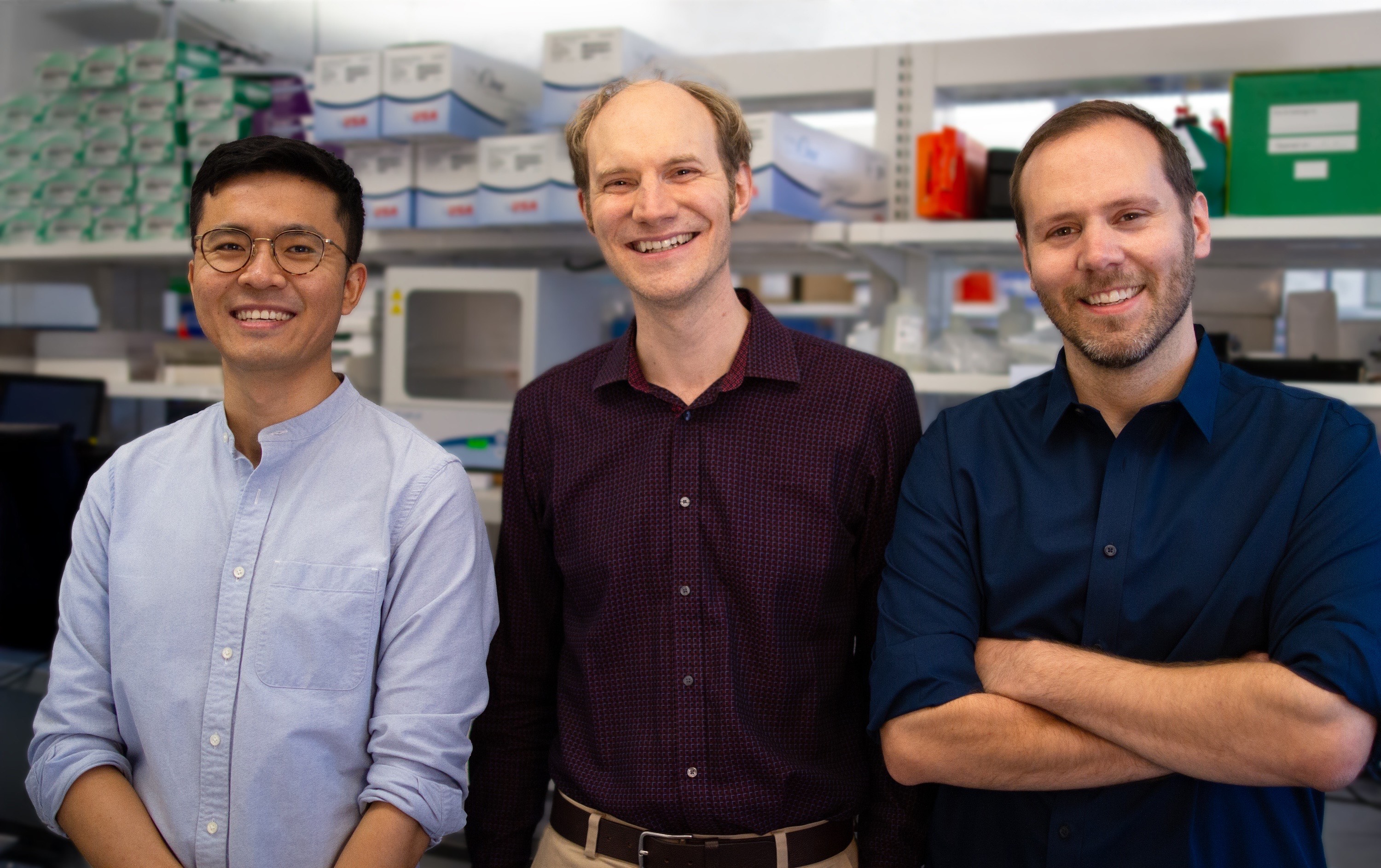Gen9 and Amyris Strike Synthetic DNA Supply Agreement
What do you get when you put together a next-generation gene synthesis company and a sustainable growth giant? Considering Gen9’s newest press release, we will know soon enough.
It’s been quite an eventful year for Gen9.
The company kicked off the year issuing four US patents for innovation in synthetic biology, expanding their intellectual property portfolio to over 100 issued and pending patents. Little over two months later they were back in the public eye by announcing a new multiplex synthesis platform, a new approach that increased manufacturing capacity at lower costs. Coupled with their chip-based DNA synthesis system, BioFab, Gen9 managed to bring the cost of DNA synthesis to 3 cents per base pair, and aims to reduce it even further while simultaneously improving the speed and length of synthetic gene construction.The platform itself was unveiled this March, along with the company’s new offering of “high quality, long-length clonal DNA constructs as a standard product, tailored for scientists who utilize megabase quantities of gene-length synthetic DNA for industrial workflows in diverse markets.” The first early adopter of this system was announced in April from Arzeda, a chemical production company focused on transforming and supplementing current chemical production methods. And now, the daring proposal has gained a new adept: high-performance renewable product company Amyris.Through the recently issued supply agreement between the companies, Gen9 will be supplying multiple megabases of synthetic DNA content to Amyris. The provided DNA will be used in Amyris’ microbial engineering pipeline, which today develops products that improve performance and enable the world’s leading brands to achieve sustainable growth.This milestone contributes enormously to Gen9’s goal to ensure the constructive application of synthetic biology on a wide range of industries, as Amyris’ work on performance chemicals, fragrance ingredients and cosmetic emollients broadens Gen9’s reach in bio-related industries.“Amyris is developing a wide range of innovative products with their platform, from plant-derived cosmetic ingredients, to renewable lubricants, to novel biopharmaceuticals,” said Kevin Munnelly, President and CEO of Gen9, in the company’s press release. “We are excited that Gen9 DNA will be utilized to develop products that will solve some of the most important global challenges we face today.”Amyris is no stranger to industrial-scale innovation either. The company was founded in 2003 under the premise of using breakthrough science and innovative business models to address the planet’s most daunting problems and has since then worked in topics ranging from anti-malarial drugs, to alternatives to petroleum-sourced products, including their very own renewable farnesene, Biofene.The partnership with Gen9 comes as a next logical step on their way to developing its core technology to produce more renewable products to the world through innovative microbial engineering and screening technologies.“A fast, reliable source of high-quality synthetic DNA constructs is an essential component of our microbial engineering platform for the production of high value molecules. Gen9 consistently provides that for us,” stated Joel Cherry, Amyris President of Research and Development, through Gen9’s press release. “With the DNA synthesis throughput and economics that Gen9 offers, we are able to engineer and test new strains more cost effectively, using them to rapidly identify the highest-performing microbes and allowing us to bring sustainable products to market more quickly.”



.svg)










.jpg)

.gif)